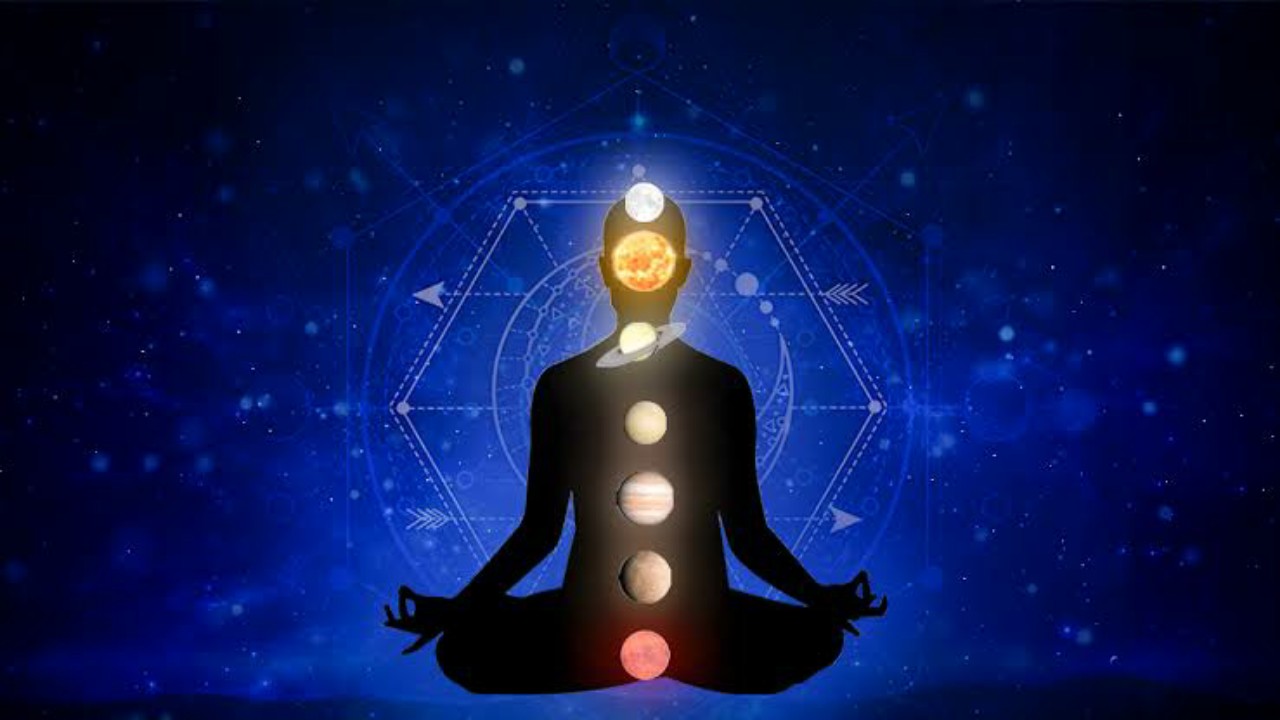

In English, moksha signifies salvation. Hindus believe in karma philosophy. According to this belief, life has four goals: dharma (obligation), Artha (wealth), kama (desire), and moksha (liberation) (salvation). Each one is equally significant. However, moksha is the ultimate goal of human existence (purushartha).
When one achieves Moksha, he or she is liberated from the endless cycle of birth and reincarnation. As a result, it is vital that all humans strive for moksha.
Good deeds, devout feelings, and living your life in accordance with dharma ideals can all assist you in achieving moksha. This essay digs deeply into the Hindu philosophy notion of moksha and explains how to get it. The concept of moksha, or salvation, is first mentioned in the Vedas. The concept of purushartha gives rise to the concept of Moksha.
The primaeval man, who is the source of the universe, is referred to as Purush. According to scholars, this purush is not gender-specific and can be found in both men and women. Artha refers to the purpose or goal of one’s life. Purushartha, then, relates to one’s life goals. We must all design our lives so that we might realize our purushartha. The more we achieve our life goals, the more likely we are to achieve moksha.
Obtaining Moksha, or salvation is necessary for the soul’s release from the endless cycle of birth and reincarnation. Our soul, which is immortal and never dies, simply moves on to a new body.
According to the Bhagavad Gita, the soul, like a man, sheds old clothing and puts on new ones. It merely exorcises an old body and replaces it with a new one. This continues until one achieves moksha or liberation from the cycle of birth and rebirth. Moksha is divided into two stages by the Vedantic school of philosophy: jivamukti (liberation in this life) and videhamukti (liberation in the next life) (liberation after death).
A jivanmukta, according to Advaita Vedanta philosophy, has deepened his understanding of himself and the cosmos. As a result, a jivanmukta is also known as Atma Jnani (one who is aware of his own self) and Brahma Jnani (one who is aware of his own nature) (one who has attained the sense of the universe). Jivanmuktas reach paramukti at the conclusion of their lives (final liberation).
Avadhuta is the name given to a Jivanmukta who teaches others about self-knowledge and the universe. The title of Paramhamsa is bestowed to some Avadhutas (enlightened).
This Jivanmukti, on the other hand, is distinct from the Videhamukti notion (literally meaning liberation from the body or liberation after death). This indicates that the soul has reached moksha, or emancipation, from samsara, or the cycle of birth and reincarnation.
Through the two stages of jivanmukti and videhamukti, both the Vedantic and Yoga philosophical schools of Hinduism discuss the concept of emancipation. You attain unity with the supreme being and are freed from the cycle of life and rebirth once you achieve moksha. You lose touch with your ego and become aware of your heavenly self.
Keep reading successyeti.com
Also Read: What happens after we die?
In today's article, we will learn the importance of happiness and how to maintain it…
Today, we will look at three common mistakes couples make in their relationships regarding intimacy…
In this article, we will learn about the simple ways that can help one overcome…
Check out the list of couples' biggest relationship mistakes in this article.
In this article, we will learn about anxiety and how one can handle it in…
In this article, you will understand the horrifying effects of child abuse.